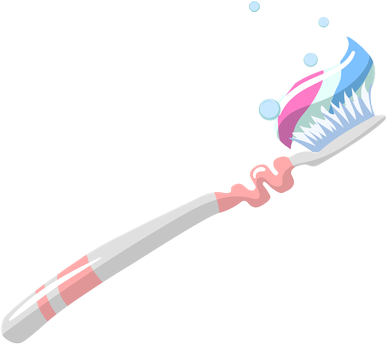 Bloomsburg, Danville, and Lewisburg, PA
Bloomsburg, Danville, and Lewisburg, PA
Most of us know that brushing and flossing our teeth helps fight tooth decay, but did you know that a thorough regimen of oral hygiene also could protect your brain?
The International Society of Vascular Behavioral and Cognitive Disorders recently published a report that found individuals with poor oral health are 30 to 40 percent more susceptible to developing dementia, a decline in mental ability that impedes the ability to function in daily life. Symptoms of dementia include memory problems, cognitive decline, impaired reasoning, and even personality changes.
How does your oral health contribute to your risk of dementia?
It starts with failing to maintain a high level of oral hygiene, which allows the accumulation of bacteria on the teeth that forms into plaque, a sticky substance that adheres to the surfaces of teeth and along the gum line. Plaque can be removed by brushing and flossing regularly with proper technique but, if it is not addressed, plaque will harden into tartar, which only can be removed by receiving a professional cleaning.
Even the most zealous brushers still develop some level of tartar buildup. If tartar is not removed, then the body sends its immune system into response mode—during which issues such as inflammation and the risk for chronic diseases such as dementia may develop.
The study summarized in this report also studied brain samples from 20 people—10 who had dementia and 10 who did not. Four of the 10 samples from dementia patients detected the presence of P. gingivitis, a bacteria that causes gingivitis, the initial stage of gum disease. It is estimated that four out of every five Americans may suffer from gingivitis, which is symptomized by having gums that are tender, red, or bleed easily. Gingivitis can be treated, but many people are unaware that they have this chronic oral infection, allowing it to progress into periodontal disease, which can cause severe damage to one’s oral health including significant tooth loss.
Thankfully, practicing good oral hygiene can prevent gingivitis. The American Dental Association recommends a regimen that includes brushing your teeth twice a day, flossing daily, and visiting your dentist once every six months for a professional cleaning and thorough examination of your oral health.
Brushing sessions should last two minutes, and remember to clean between your teeth. Flossing is the best way to clean and remove bacteria and food particles from these interproximal areas. It takes less than two minutes and can be performed with floss sticks for ultimate convenience. Make sure to follow proper flossing techniques; move the floss up and down between every tooth while positioning the floss in a C-shape and being careful to scrape gently along the gums. Regular dental checkups help remove tartar buildup from your teeth, while also allowing your Bloomsburg family dentist at Hamilton Dental Care to identify oral health concerns as they arise, rather than after they have done damage to your oral health.
Family Dentist in Bloomsburg
To protect your oral health—and, with it, your body and brain—you need a professional, compassionate, and experienced dentist. Hamilton Dental Care offers comprehensive oral services to patients of all ages. To learn more about our services, please contact our Bloomsburg office by calling (570) 387-0533 today.
Hamilton Dental Care is here to serve patients in the areas of Bloomsburg, Danville, and Lewisburg, PA.







Comments are closed